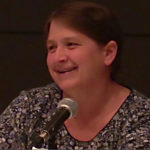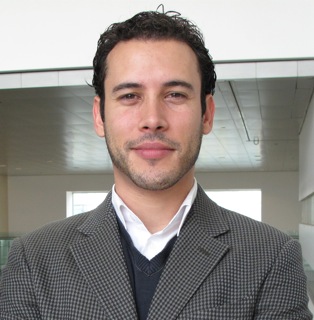Filmed at ACT’s 14th Annual Focus on Research Conference – April 4, 2018
Dr. Jamison established Girls Night Out (GNO) in 2008 to provide socially valid and meaningful interventions designed specifically for females with autism and related developmental disabilities. Details of the program can be found here Girls Night Out: Lessons learned from a unique intervention for girls with autism.
This second part of the keynote presentation focuses on research on the possible secondary impact on females with autism because of the discrepancy in rates of diagnosis between males and females. The concern is that missing females with autism is exacerbating social-communication impairments and increasing risk for co-occurring mental health conditions.
Dr. Rene Jamison and Dr. Jessica Oeth Schuttler, Center for Child Health and Development (CCHD), University of Kansas Medical Center
Dr. Rene Jamison is an Associate Professor and licensed psychologist in pediatrics at the Center for Child Health and Development (CCHD), University of Kansas Medical Center. Her primary research focus is females with autism, identifying factors that contribute to social competence across development, and interventions to improve social-emotional health.
Dr. Jessica Oeth Schuttler is a licensed psychologist and clinical assistant professor also at the CCHD. She is the associate director for the Girls Night Out Program and key collaborator on related research projects, community partnership, and training efforts to create more inclusive communities.
Part 1: Introduction, Implications, Experiences of girls in the program
Part 2: Exploring the Social Profile of Females with Autism
Part 3: Cumulative Impact Across the Lifespan
Part 4: Sustaining & Expanding Ongoing Access
Part 5: Training & Dissemination of Best Practices
Part 6: Q&A
- How does your program work for girls that require a lot of support or are non-speaking? How do you make it as inclusive as you can when there’s such a wide range of needs across the spectrum? (Start-5:28)
- What would this program look like for younger girls aged 5-10 years old? (5:34-7:28)
- What interventions or methodlogies does GNO provide for the home environment? (7:28 -10:08)
- Has there been any thought about coming up with a weekend or week where social skills can be learned through cooking and other skill-building activities?(10:08- 11:54)
- How do you recruit neurotypical peers? Do you expect them to have previous knowledge of ASD? (11:55-15:43)









